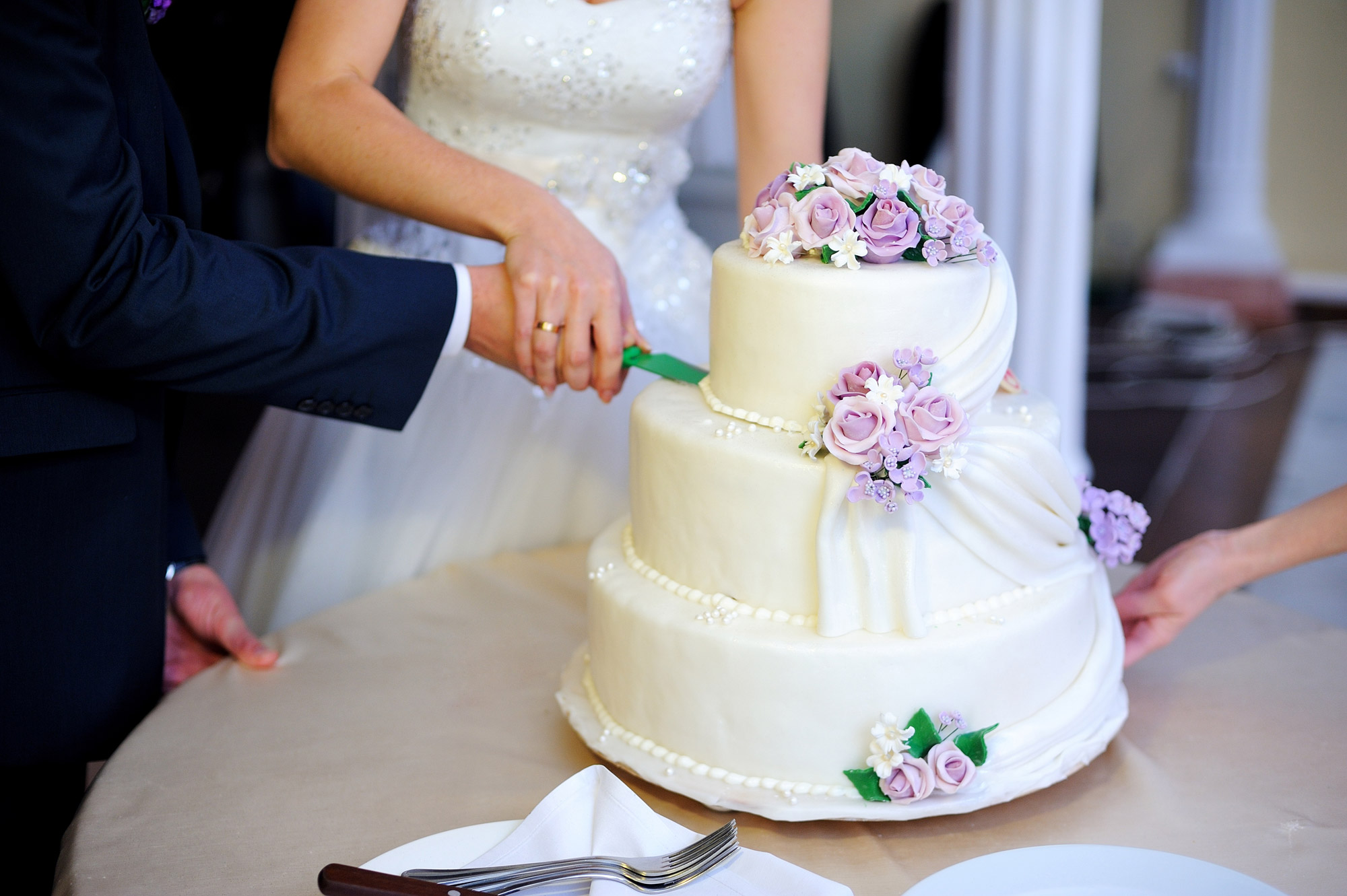I WANT
RELATED LINKS
I WANT
RELATED LINKS
RELATES LINKS
I WANT
RELATES LINKS
Services
Related Links
Use and Management of Cookies
We use cookies and other similar technologies on our website to enhance your browsing experience. For more information, please visit our Cookies Notice.
- Personal Banking
- Stories & Tips
- Protect My Family
- For a happier marriage, plan for these 3 key expenses
- Personal Banking
- ...
- For a happier marriage, plan for these 3 key expenses
For a happier marriage, plan for these 3 key expenses
12-07-2018
An old Spanish proverb has it that “where there is love, there is pain.” In these capitalistic, consumerist times, however, it might be better to say, "the labor of love is much easier when you have a big piggy bank." It's especially true when love leads to marriage.
Love is an emotion, but as for the wedding ceremony itself, and wedded life thereafter, what's needed is logic and preparation. Above all, you need a realistic financial plan that’s agreeable to everyone involved. There are three key marriage expenses in particular that need to be considered and planned for.
The first expense is the dowry, which in Thailand is usually paid by the family of the groom to the family of the bride. The wedding budget needs to cover this cost, otherwise the family of the bride-to-be might disapprove the wedding plan. The groom should make it clear how much dowry is on offer. There is no set formula for this figure, but it needs to be satisfactory to both families. Sometimes the parties negotiating the dowry will base their approach on the assumption that money cannot buy love. A groom-to-be can simplify the matter by proposing the maximum viable amount. This method might risk displeasing the bride’s family, but it makes sense to try.
After the dowry amount is agreed, the next step is to earn the funds needed to cover any shortfall. It’s crucially important not to spend or lose this money, because it will be presented by the groom in front of the senior guests at the ceremonies. Presentation of the dowry is an important symbol that shows esteem for the bride and her family.
As you save up for the dowry, where should you deposit these important funds? Fortunately today there are many savings options that offer higher interest rates than those of normal savings accounts. You should select the most suitable one that has high liquidity and allows you to withdraw money whenever required.

The next step is to organize the ceremony. The couple must prepare the budget for this expense, which can range from tens of thousands of baht to hundreds of thousands, depending on the economic status and wishes of both families. Of course, when a couple plans a wedding, they want it to be the best possible, since it is one of life’s most important events. But dreams and schemes have to take account of your bank balance.
A typical Bangkok wedding budget might total about 700,000 baht, comprising the following items:
- 50,000 baht for pre-wedding costs, such as consultations to select an auspicious time and date, invitation cards, photography, souvenirs and so on.
- 150,000 baht for the engagement ceremony, which is a morning ceremony that requires traditional formal attire, a venue, an engagement ring, make-up and hairdressing, and performance of religious rites.
- 500,000 baht for the banquet on the evening of the wedding, which would cover Chinese-style catering, evening wedding dresses, decorations at the reception area, singers, musicians, a video presentation and extra funds for unexpected expenses.
It’s ideal if part of the dowry is returned to the couple to help cover these costs. Otherwise they’ll need to increase their efforts to earn. And the budget itself can be increased or reduced depending on what the couple wants and agrees, so that they can earn enough to handle it.
Next comes the savings plan. If the couple wants to spend 700,000 baht on the wedding and get married in two years, then they’ll need to save 30,000 baht per month to make it viable. They should ask themselves if this is feasible.
Practicality is smart. It makes sense to plan and budget the wedding in a way that suits the couple’s real financial conditions. Married life should not start with taking out a big loan just to put on a lavish ceremony. Having a long-term debt repayment obligation can make it difficult to afford more important spending.

The third marriage expense is the most important. It is for the future of the new family. This expense will determine the quality of life of the couple.
Some couples are lucky to get back the dowry, which they can then use as funds to build their new family. They should not rush to spend this money. It’s better to allocate it with care, such as for an investment or savings program to cover emergency spending. (A couple who don’t get back any dowry should not feel bad, since gaining a life partner who can share ideas and dreams is a greater life asset than money.)
Marriage begins a new way of life for both partners, and setting up a new household often means higher spending. Now it’s time for the couple to help each other earn more and save more together. Planning for this third part of the marriage budget should start with a plan for building greater savings discipline. That might mean, for example, committing to make steady deposits of a set amount each month into a long-term deposit account with a high rate of interest. If the couple can accept higher risk, saving via mutual funds can provide higher returns. But both partners need to agree on the details of their savings and investment plan.
Mutual agreement is crucial for planning each of these three expenses so that the new family establishes stable finances and the couple can look forward to comfort and wealth in their old age. Following the tips here will help ensure that the marriage stands on a solid financial foundation.
